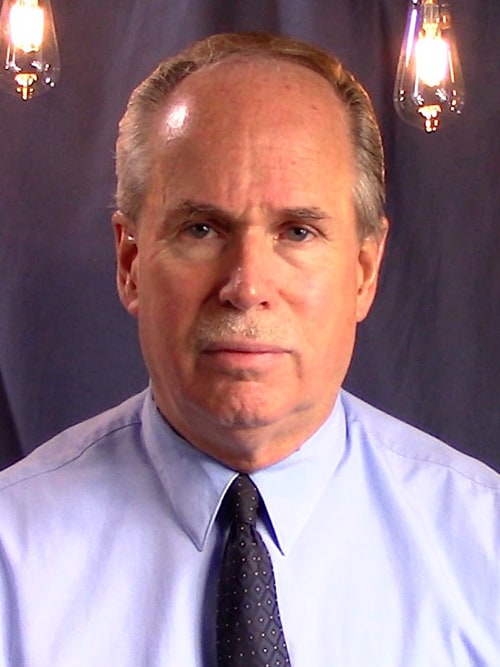What is the nature of our mentality anyway? We are a complex collection of experiences, wounds, failures, successes, relationships, genetics and a wholly innumerable array of other things that press together and then settle into some sort of uniquely amalgamated compilation that makes us, us. The nature of these things and the manner in which they have each jostled for position lends us the uniqueness that sets us apart from everyone else in all of existence, while concurrently creating both adoring and irksome similarities with everyone else.
From the core of this place that makes us who we are, there emerges a refined proliferation of beliefs, values, opinions and perspectives that both drive and dictate the manner in which we engage life in ways both large and small. Indeed, it becomes the sturdy helm from which the ship of our lives is navigated. However, this helm can become increasingly commandeering as the management of it falls to habit rather than contemplation. Over time, we simply react. We respond driven by whatever’s been built within us without responding to the sometimes greater realities that are being built around us. Habit replaces mindfulness, and reaction ousts wisdom. In time we act without knowing why we’re reacting and when we’ve reached that point, growth comes to a full stop and wonder drowns.
Living for an End
Among other beliefs, could it be that this mentality has birthed a belief that we are all working for an end that will effectively erase the very work that got us to that end? Is it possible that we’ve unconsciously developed an orientation that everything that we are and everything that we do will terminate at some irrefutable end? Do we live not being able to see beyond some morbid line of demarcation at which there is nothing but nothing? Have we fallen prey to the mentality that at some point we will cease to exist in a manner so total that the memory of our existence will likewise cease to exist?
And could it be that we are unconsciously driven to some sort of rebellion because the absolute finality of that message grates against the infinite within us? Could it be that our lives are defined by a battle we don’t even recognize? Could it be that we valiantly construct marvelous edifices and conquer seemingly impossible heights out of some desire to irrevocably declare that they will never fall to the end that we are told all things fall to? We leave legacies built of impenetrable memories and abundant assets so that any line of demarcation will be effortlessly broached if and when the line arrives. We rebel against an end by painting everything in lavish colors that lends them a beauty and vibrancy that could be nothing less than eternal. We play the games and live out our days with a buoyance and vitality that makes an end seem entirely incompatible with the life that we’re living. Are our lives defined by a rebellion against an end?
Living for a Beginning
I would propose that rather than living with an end in mind, we should be living with a beginning in sight. We should not be living out our lives rebelling against some sort of end. Rather, we should be living out our lives celebrating a beginning. We should not be rebelling against an end that we fear. Instead, we should be reveling in a beginning that we can’t wait to begin. We should not live out our days counting down to an end that’s never coming. Rather, we should live understanding that nothing that we ever do, or ever build, or ever invest in will succumb to an end that erases any of those efforts in the most remote manner. Rather, we should work understanding that everything that we build is a sure and certain investment in what is yet to be built, which pays every single action forward.
I would much rather have my life be driven by a beginning rather than bullied by an end. I would much prefer the perpetual excitement of limitlessness over the repeated fatalities borne of limits. Easter embodies these passions. Easter is the declaration that ends exist only for those who fear the relentless adventure of beginnings. Easter declares that ends are challenges that exist for the single and sole purpose of being put behind us. Easter unequivocally states that an end is only a beginning in disguise even though the appearance of permanence might convince us otherwise. And so, as we approach this Easter season we might ask if an end or a beginning drives our lives, for the answer will be transforming.

 Craig Lounsbrough
M. Div., LPC
Craig Lounsbrough
M. Div., LPC